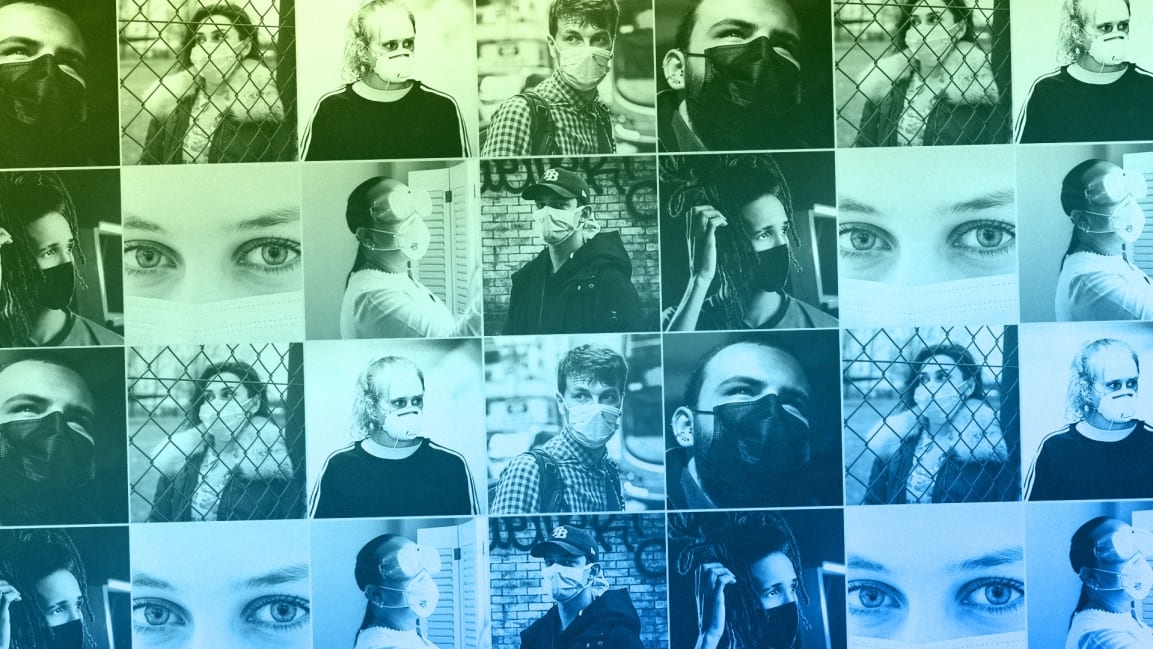American innovation challenge: Embracing other cultures’ values to fight Covid-19
A few weeks ago, right before widespread lockdowns took effect, I attended a networking meeting where an individual said to me: “I’m a hugger, and if I get the virus, so be it. We’ll all eventually get it anyway!” This person proceeded to go around to greet–closely–various people in the room.
People are dying, hospitals are overflowing with infected patients, our economy has come to a standstill. A recent New York Times article highlighting the ways other countries had stopped the spread of the virus made me realize that we can miss the concept of cultural understanding that may help us think smarter about navigating this crisis. While the numbers show that the seemingly harsh measures used in South Korea, China, Taiwan, and Singapore to contain COVID-19 have worked to implement social distancing, the reality is that the individualistic, fiercely independent American public will not easily accept such measures.
How about we reframe this problem? Instead of dismissing these measures as “draconian,” why not seek to understand why they worked there and adjust the approaches to better fit our unique environment? Too often, we can miss the very presence of culture; it resides within each of us, influencing what behaviors we see as acceptable (or not), and what we consider right and wrong. As we sit here in North America, we don’t recognize the effect of culture until we compare ourselves to others or until it conflicts with an approach that has always worked for us.
Geert Hofstede, renowned social psychologist, measured the differences in individualism vs. collectivism across nations. The “hugger” approach is a prime example of American individualistic culture. It is expected that each individual act for him or herself, make their own choices, and that individual needs take precedence over the group’s. In South Korea, Singapore, Taiwan, and China, where the collectivist orientation is prevalent, preferences are given to the rights of the community, team, or organization and standing out is not encouraged; therefore decisions are made that take into account the best interests of the group. Employers (and institutions) take responsibility for their employees and recognition is given to groups and teams as a whole. In times of crisis where we need to move quickly to contain a pandemic, the collectivist orientation perspective has its benefits.
As an interculturalist I diagnose the gaps that teams and organizations have when doing business across cultures, and I work with leaders to find alternative solutions from two or more cultural perspectives. By naming and addressing these differences intentionally, we create more effective ways to work across differences. We as Americans need to think about our “default” operating ways, and how these responses may help or hurt us in times where we need to solve complex global problems.
Recently we worked with a U.S.-based consumer products company that had R&D centers in a few European countries, the U.S., and Asia. They had trouble meeting delivery deadlines due to cultural differences in the way the five offices worked together. Without addressing culture they continued to experience inefficiency and ultimately, loss of revenues due to delays.
Once we were able to equip the key leaders in the system with updated and more effective intercultural collaboration approaches that all sides could implement—the U.S. plant restructured way they “handed” off their deliverables to the other plants while the offices in East Asia made adjustments to how they communicated unexpected delays—their efficiency and productivity rose. Sometimes we have to pause, educate, and switch gears before we can speed up.
How can we adapt other cultures’ solutions to work within our own families, cities, and governments? In the case of stopping the spread of coronavirus, we don’t have the luxury of time. We must quickly identify solutions from the countries that have succeeded, and adapt them into our system using innovative approaches, so that more lives will be saved.
We can lead with an attitude of humility to learn from others and borrow lessons that can fit our American approach. Not every tactic will work in the U.S., but how do we take some of the learnings from the countries that have had the benefit of one to two months of experience to lessen the painful period that is looming ahead of us? We need to leverage what the other countries have done as we execute in the U.S.
To ignore the learnings from other countries altogether because we assume that culture doesn’t play a role would be a costly risk for us all . . . And to chalk it up to “that’s them and this is us” seems shortsighted.
The people in the small Mediterranean town of Sanary-sur-Mer in France have given up going outside to pick up their daily baguettes in the mornings, or risk a fine of 135 Euros. In a country where picking up a baguette from the boulangerie is a daily, almost necessary cultural practice, the sacrifice has become a gesture of solidarity for them. “It’s not a sacrifice. It’s an adaptation,” says the town’s Mayor Ferdinand Bernhard. Let’s make adaptation work for us, too.
Jane Hyun is a global leadership strategist and coauthor of Flex/the New Playbook for Managing Across Differences and author of Breaking the Bamboo Ceiling. She is based in New York City, where she is sheltering in place.
(7)



